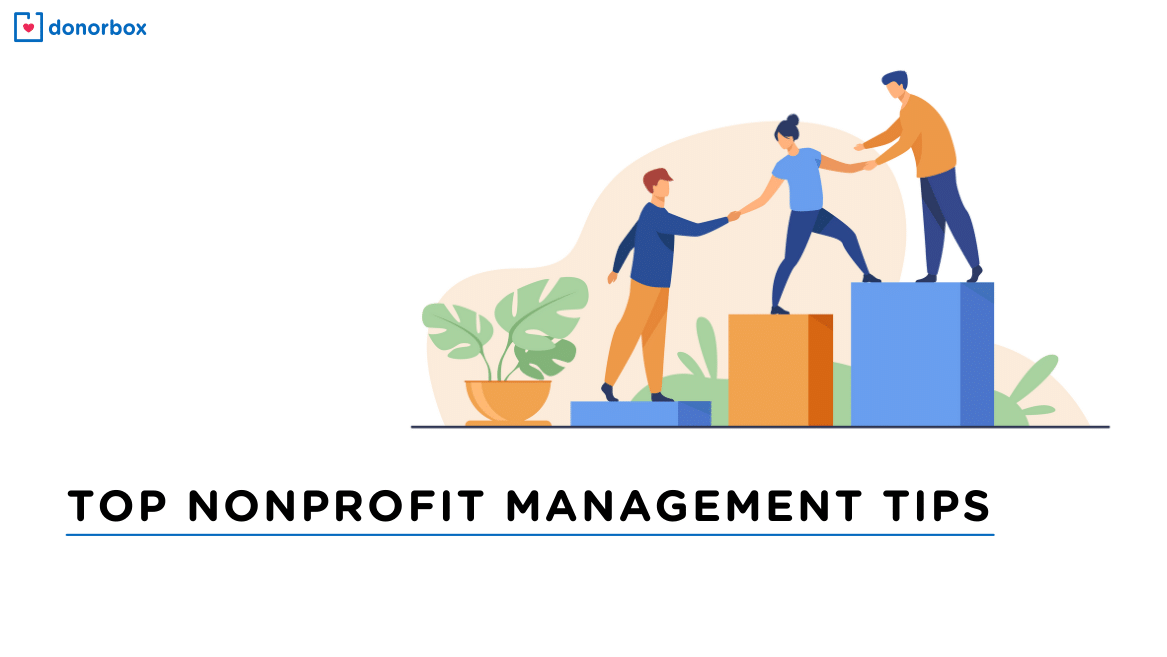Nonprofit Company: Expert Support for Your Goal and Area Effect
Nonprofit Company: Expert Support for Your Goal and Area Effect
Blog Article
Checking Out the Diverse Functions and Duties of a Nonprofit Agency in Resolving Social Issues and Promoting Adjustment
Not-for-profit firms serve as essential agents of modification within culture, tackling a myriad of social problems with diverse methods. Their obligations extend beyond mere solution stipulation; they involve in advocacy, resource mobilization, and community outreach, commonly acting as a bridge in between crucial solutions and marginalized populations.
Recognizing Nonprofit Company Duties
The efficiency of not-for-profit companies pivots on a clear understanding of their varied roles within society. Not-for-profit agencies typically function as service suppliers, providing essential programs and sources to underserved populaces.
Additionally, nonprofits play an essential role in campaigning for, raising awareness and affecting policy choices that impact their communities. By engaging in research and public education, these organizations help shape public discourse and promote informed decision-making - nonprofit agency. They also offer as systems for volunteerism, activating community participants to add their time and abilities toward collective goals
Additionally, not-for-profit companies usually serve as conveners, bringing together varied stakeholders to promote collaboration and collective influence. This collaborative method improves their capability to address complicated social concerns effectively. Comprehending these multifaceted functions is important for taking full advantage of the potential of nonprofit companies in creating sustainable social modification and boosting overall neighborhood health.
Community Involvement and Outreach
Reliable area involvement and outreach are basic components of not-for-profit firms' strategies to cultivate connections and develop count on within the neighborhoods they offer. These initiatives concentrate on comprehending neighborhood demands, advertising understanding of offered sources, and motivating involvement in programs created to deal with social problems. Nonprofit organizations employ a selection of methods to engage with neighborhood participants, such as workshops, informational sessions, and collective events.
Outreach efforts offer to enhance partnerships with diverse populaces, specifically marginalized groups that may face barriers to access. By making use of culturally pertinent communication strategies and leveraging regional collaborations, nonprofits can improve their exposure and show their dedication to community empowerment. This strategy not just grows a sense of belonging but also boosts the probability of sustained engagement.
In addition, reliable community interaction surpasses simple participation; it involves proactively listening to area participants' feedback and incorporating their understandings right into program growth. This joint process guarantees that the solutions offered are responsive, pertinent, and tailored to the one-of-a-kind obstacles faced by the neighborhood. Eventually, fostering strong connections with engagement and outreach can lead to more impactful interventions and a higher collective initiative toward promoting favorable social modification.
Campaigning For and Plan Impact
Advocacy works as a crucial device for nonprofit agencies to affect public policy and drive systemic change. By leveraging their know-how and area insights, these companies can effectively stand for marginalized populaces and address pressing social issues. Nonprofits participate in advocacy via various strategies, consisting of public understanding campaigns, grassroots mobilization, union structure, and direct lobbying of policymakers.
Through these initiatives, nonprofit companies aim to shape regulations and policy frameworks that line up with their goal and the needs of the communities they offer. They conduct research, gather information, and share compelling narratives to highlight the urgency of particular concerns, ensuring that decision-makers are informed and encouraged to act. This process not just magnifies the voices of those affected by social oppressions however additionally promotes a much more comprehensive and equitable policymaking setting.
Additionally, advocacy initiatives often look for to produce lasting architectural modifications, dealing with source instead of simply relieving signs and symptoms. By focusing on plan impact, nonprofit firms add to a broader understanding of social difficulties and advertise services that can result in sustainable improvements in social health. Inevitably, campaigning for is basic to the transformative function nonprofits play in developing a just and equitable culture.
Fundraising and Resource Monitoring
Not-for-profit companies rely upon durable fundraising and source monitoring techniques to sustain their advocacy efforts and sustain their objectives. Efficient fundraising is vital for making certain the schedule of monetary resources required to apply programs and activities that attend to pressing social concerns. This procedure usually entails expanding earnings streams via grants, specific contributions, business sponsorships, and fundraising occasions. By using a multi-faceted strategy, nonprofits can mitigate the threats linked with dependence on a single financing resource.
Source monitoring is just as important, as it entails the critical allocation of both human and economic sources to optimize influence. Nonprofits need to create spending plans that line up with their objectives while making sure transparency and liability to stakeholders. This entails helpful hints regular tracking of expenses and readjusting strategies as needed to maximize resource use.

Partnership and Collaborations
While numerous organizations seek their goals individually, partnership and partnerships can dramatically improve the efficiency of not-for-profit firms. By collaborating with other nonprofits, government entities, and economic sector organizations, nonprofits can merge sources, share experience, and intensify their effect on social issues. Collaborative initiatives often lead to cutting-edge remedies that may not be attainable separately, leveraging the strengths of each partner to attend to complex challenges.

Inevitably, efficient collaboration needs clear communication, shared goals, and mutual respect amongst companions. By embracing a cooperative method, nonprofit companies can produce lasting networks that not only address prompt social problems yet likewise add to long-term systemic adjustment, cultivating an extra equitable society. Through cooperation, nonprofits can thrive and maximize their possibility for significant effect.
Verdict
Not-for-profit firms offer as crucial entities in promoting and resolving social problems adjustment within neighborhoods. Eventually, the diverse functions of nonprofit firms dramatically contribute to the pursuit of social justice and the renovation of community wellness.
Recognizing these diverse roles is vital for optimizing the capacity of not-for-profit agencies in creating sustainable social modification and enhancing overall community well-being.
Efficient community interaction and outreach are essential components of nonprofit companies' methods to official source develop and promote connections count on within the communities they serve. By functioning with each other with other nonprofits, government entities, and exclusive market companies, nonprofits can pool sources, share experience, and intensify their impact on social concerns.Nonprofit firms serve as vital entities in resolving social problems web and promoting change within communities - nonprofit agency. Ultimately, the diverse roles of nonprofit companies considerably contribute to the search of social justice and the improvement of community wellness
Report this page